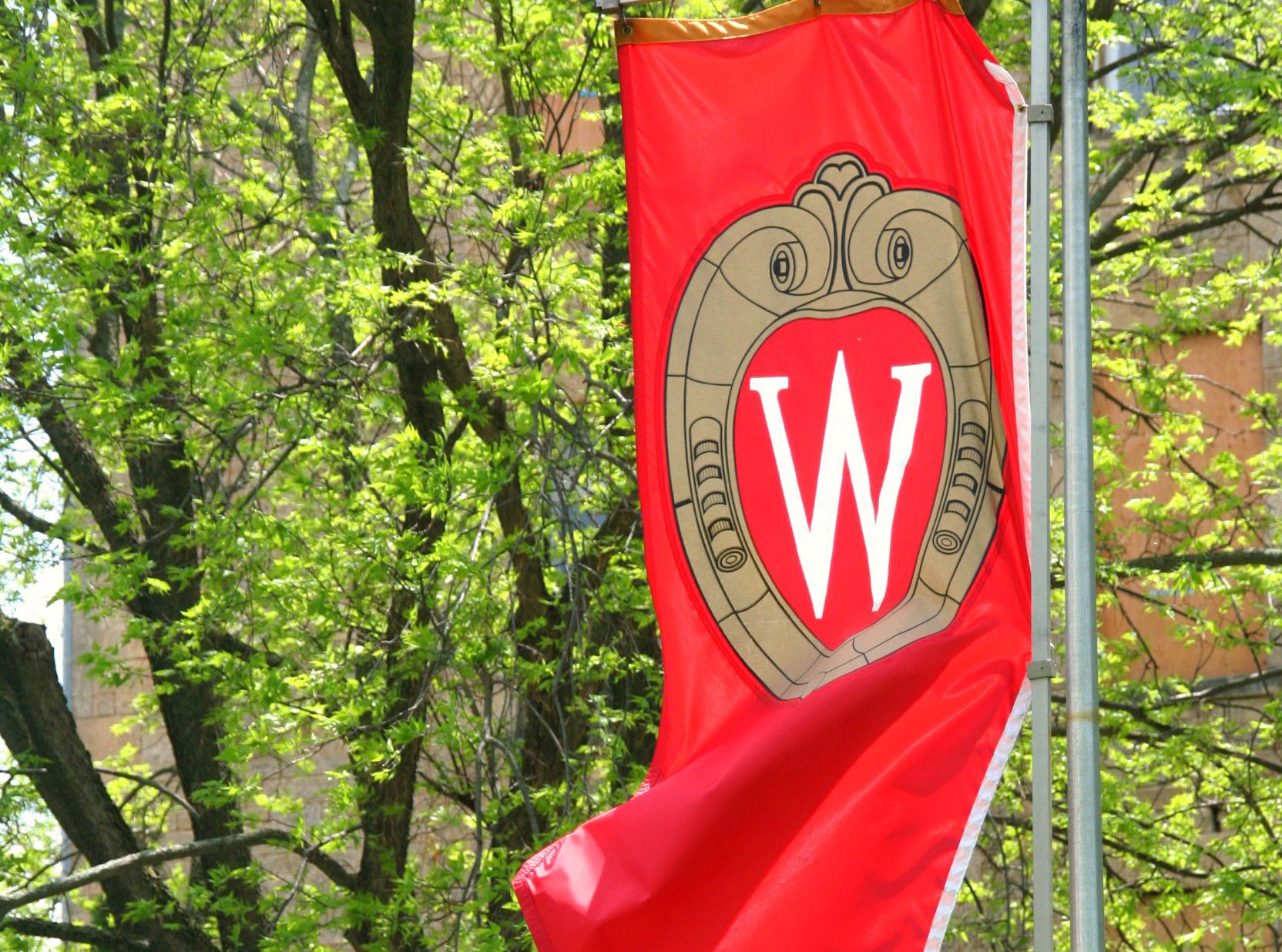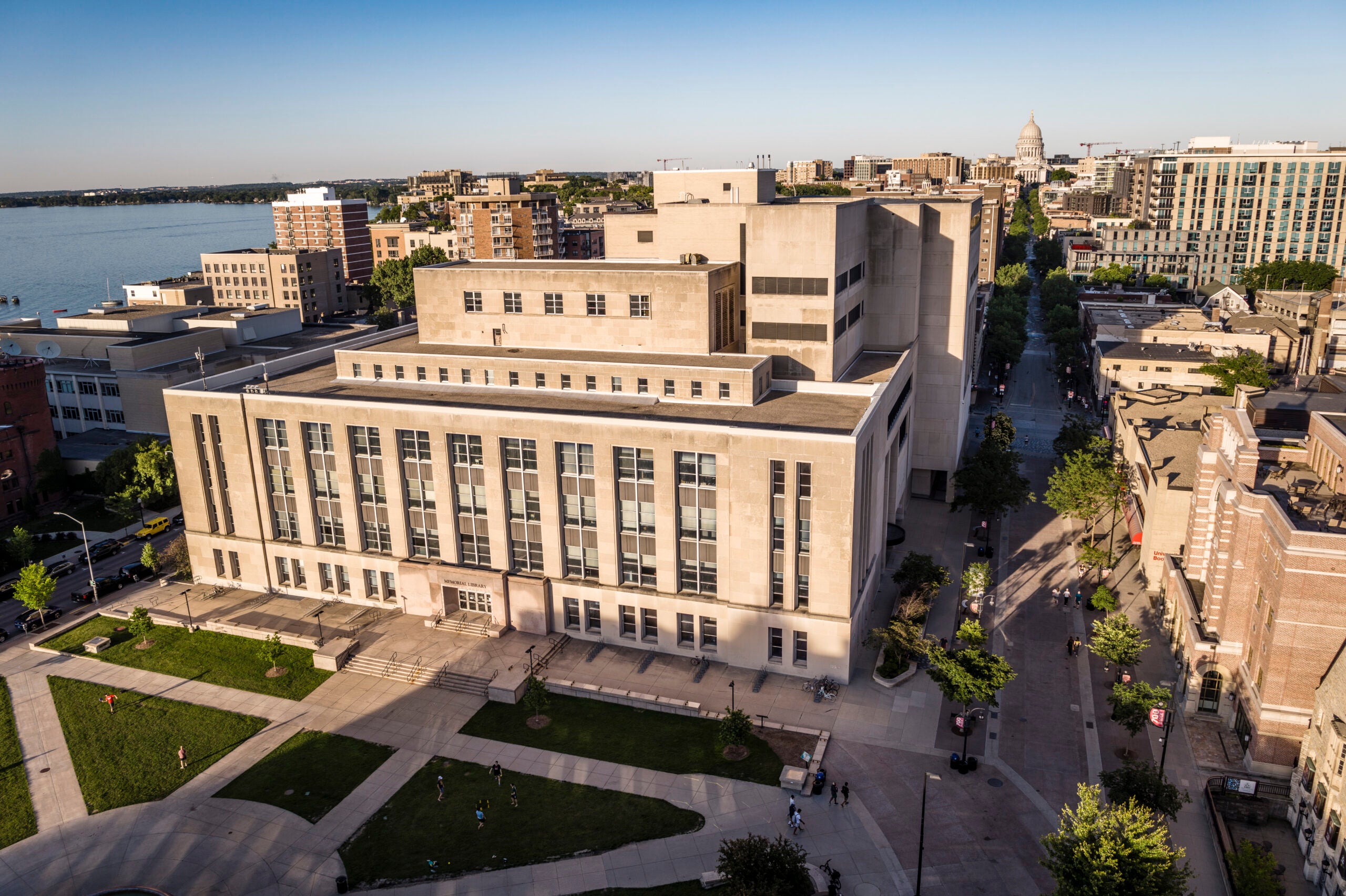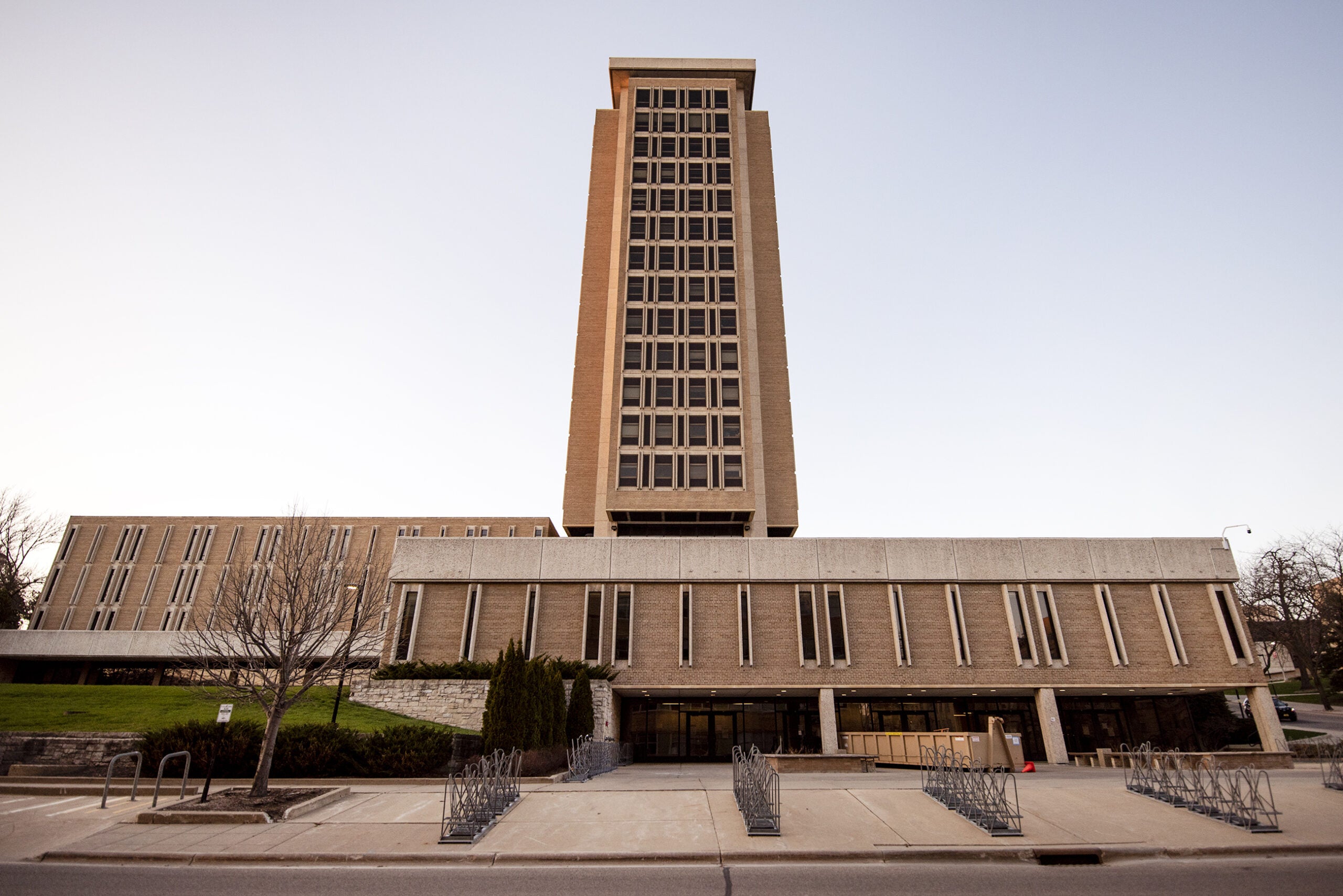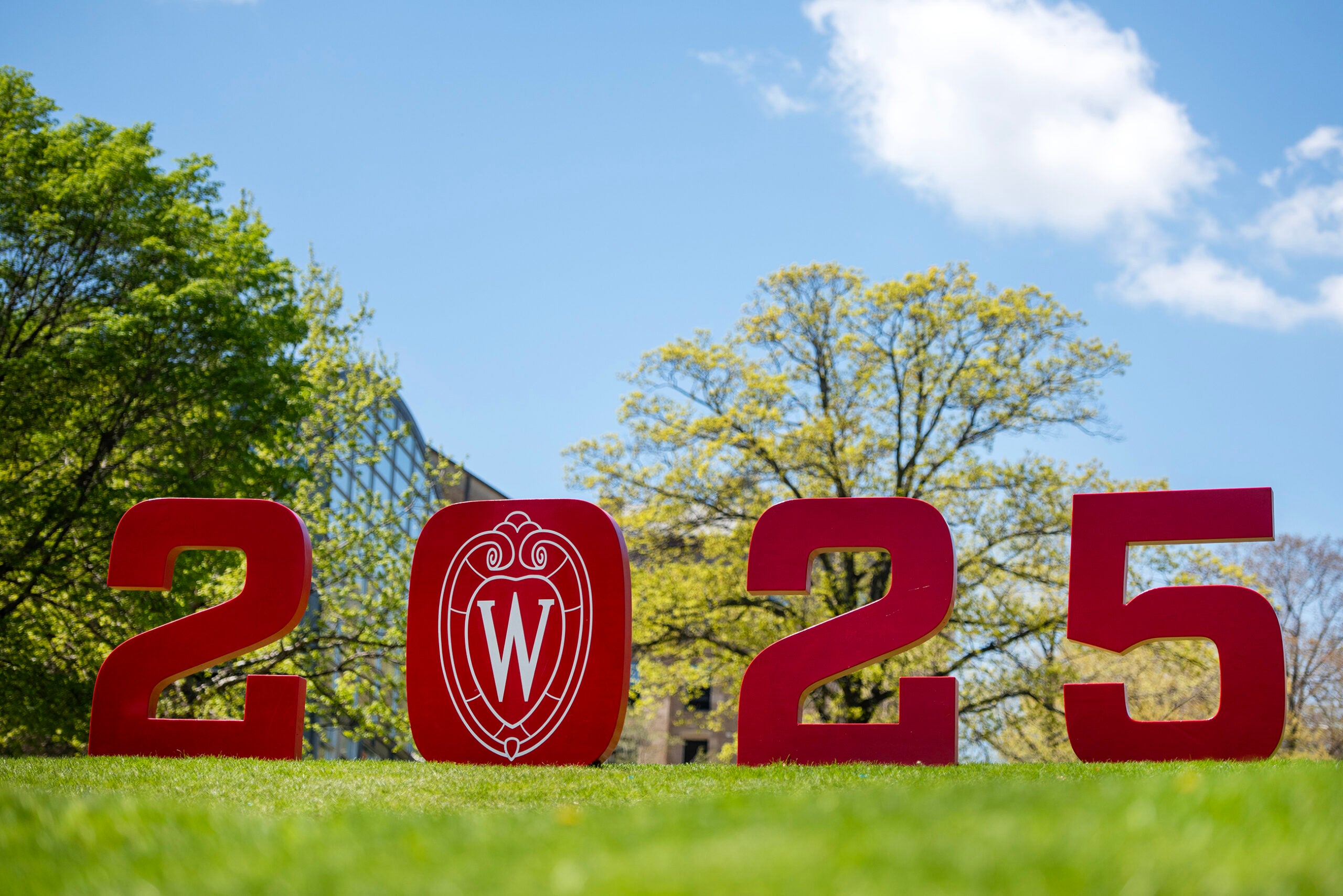The University of Wisconsin System Board of Regents signed off on pay raises for five top administrators at the state’s four-year universities last week. One faculty leader says that may erode morale among employees who aren’t seeing the same bump in pay.
Five chancellors received up to 6 percent raises. UW-Superior Faculty Senate Chair Brent Notbohm said the pay increases may not be received well by all faculty and staff who could get 2 percent raises next year if approved by lawmakers.
“I’m not a person who really thinks that we should get into the us versus them, administration versus faculty and staff, and that kind of mentality. I think that we’ve worked very hard on this campus to move past that in recent years,” he said. “That said, I do think that there will be folks on campus who will think that is very negative, especially in light of the fact that we’re not sure what’s going to happen with our 2 percents.”
News with a little more humanity
WPR’s “Wisconsin Today” newsletter keeps you connected to the state you love without feeling overwhelmed. No paywall. No agenda. No corporate filter.
UW-Superior Chancellor Renee Wachter received the largest pay increase of the five.
“The salary increases approved by the Board of Regents last week for the five chancellors helps keep these leaders on par with their peers across the U.S., as well as within the UW System,” wrote UW System Spokeswoman Stephanie Marquis in an email. “New chancellors have been hired in recent years, and these adjustments help manage salary compression.”
A table of raises for five University of Wisconsin System chancellors. University of Wisconsin System
UW-Superior Spokesman Dan Fanning said Wachter and others have had to make tough budget decisions in the last couple years.
“I also think UW-Superior and some of these other schools, frankly, that have been a little more proactive in making those decisions and trying to be fiscally responsible – those are the ones that have been around a little bit longer,” Fanning said. “For the most part, those are the ones that are receiving this increase because they have been the longest-serving chancellors.”
Notbohm said he hoped UW System could avoid a “bidding war at the legislator level.”
“That says, ‘Well, we’ll give the chancellors their raise, but the employees – we’ll cut that to 1 percent or something,’ I hope that doesn’t happen because that’s where it would really erode morale at our campus and other campuses,” Notbohm said.
UW-La Crosse Chancellor Joe Gow, who received a 3.5 percent pay increase, said he’s grateful to UW System and President Ray Cross for acknowledging that those who were awarded raises are doing good work.
“Being the chancellor is kind of like the coach of a team. Then, other people, when it’s a successful team they say, ‘He must be the one making all that happen.’ That’s really not the case. It’s our people,” Gow said. “But, I’m the one out there who’s visible. Frankly, I do get calls from time to time from other schools. I’m not really motivated by the finances so much. I love UW-L and the relationship I have with everyone there. I’m not looking to go anywhere, but I think chancellors – that’s why they did it for a group of people, the increase, to make that pay a little bit more competitive and hang on to people.”
He said the same needs to be done for all UW employees to reduce faculty and staff turnover. Gow said he would like to have seen more than a 2 percent increase suggested for all UW employees.
“In the past five years, all they’ve had one year was 1 percent,” Gow said. “So really when you look at inflation, their wages have been declining; and we really need to address that challenge because they’re the people who get the students to want to come and study at our institution … We have to pay them more competitively.”
Fanning agreed the proposed 2 percent raises for UW employees would be a step in the right direction. But, he said UW-Superior had the highest rate of faculty turnover across the system.
“Particularly for border schools like UW-Superior, our faculty, our staff can literally look right across the bridge and see that some of these other schools are seeing increases whether they be built in or whether they be merit increases,” Fanning said.
A UW System report shows faculty turnover averaged 8 percent in the last fiscal year, according to an article by the Milwaukee Journal Sentinel.
UW-River Falls Chancellor Dean Van Galen, who received a 4.5 percent increase, said he’s most concerned about compensation for faculty and staff. He hoped the proposal to increase employee wages would resonate with lawmakers. He added that “it’s an obvious issue” when administrators receive raises while UW employees have seen little in the way of increases over the last five years.
When asked whether he’s considering other career opportunities, Van Galen said, “I’m very happy at River Falls. This is my eighth year here, and it’s a great institution.”
Wisconsin Public Radio, © Copyright 2026, Board of Regents of the University of Wisconsin System and Wisconsin Educational Communications Board.





